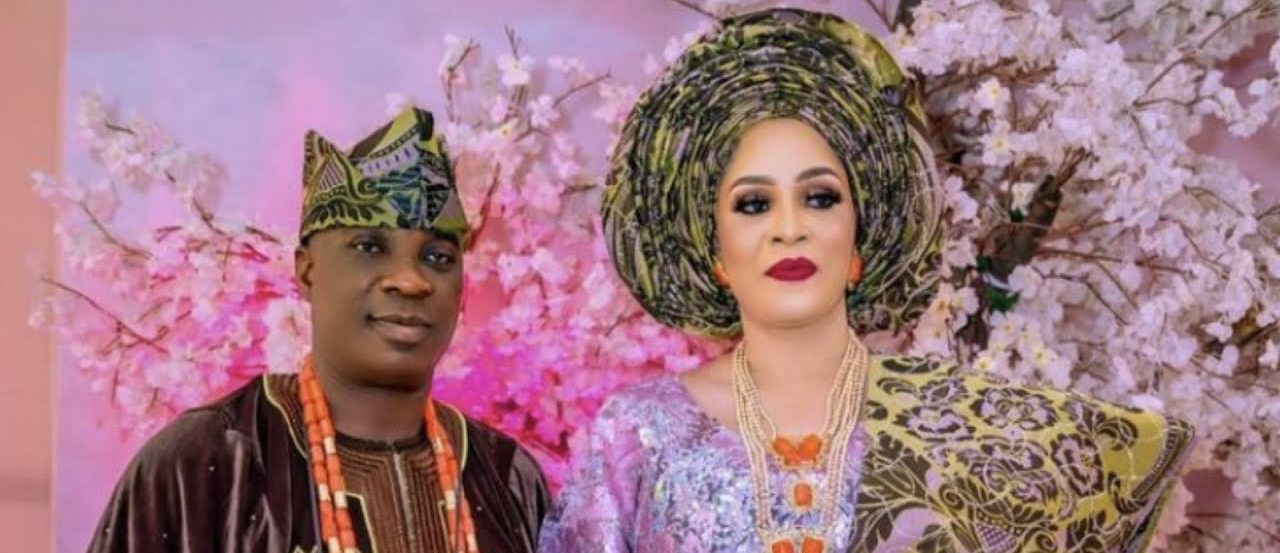
Nigeria cradles the second largest film industry in the world. Only Bollywood surpasses Nollywood in film releases per year, while Hollywood lags way behind – their production values may be enormous, but they pay for it with a comparatively paltry output. Arguably, the Nollywood film industry helps enormously to put Nigeria ahead of the game when it comes to building a worldwide perception of the nation. Just as the US in the 1930s utilized its budding cinematic industry to export awareness of its culture and issues to the rest of the world, so Nollywood may be doing the same. However, given that Nollywood’s style is somewhat unique, and that – unlike when the US was developing its cinematic style – other cultures have now become accustomed to alternative modes of cinema, how successful is Nollywood in influencing outsider perspectives of Nigeria, Nigerian culture, and Nigerian issues?
African Adoration
Across Africa, of course, Nollywood is well known and appreciated. Nollywood DVDs are exported across the continent, and provide staple entertainment for people from many hundreds of African cultures. While Nollywood stars may well have yet to attain the kind of glamour and cross-cultural acclaim that Hollywood and Bollywood stars enjoy, few people would disagree that Nigeria is fast becoming a beacon for the up-and-coming African actor, screenwriter, or director. Nollywood’s specialization in witchcraft and voodoo flicks has proven enormously popular all over Africa, and classics like the Igbo film ‘Living In Bondage’ are rightfully revered as exemplars of the genre. Nollywood is also having a profound cultural effect upon Africa as a whole – with people of many cultures emulating their favorite Nigerian stars and characters – as well as upon overall perception of Nigeria. Outside of Nigeria, it is commonly believed that Nigeria must be precisely as it is portrayed in the films. This is an often erroneous impression – and can on occasion work in a negative manner when one considers Nollywood’s predilection for voodoo and witchcraft flicks – but the glamorous nature of Nollywood settings has stood Nigeria in good stead when attracting skilled workers and investors.
Outside Of Africa
But what about outside of Africa? Well, sad to say, most Americans would look askance at you if you said the word ‘Nollywood’ and, while continental Europeans would be more likely to have an inkling of what you were talking about, very few could claim to have seen a Nollywood film, or even be able to name a Nollywood title. You may have more luck in Britain, which has a large African population, but still the majority of Brits would probably be unable to name a Nollywood star. Chinese people would be stunned to learn that Africa is home to an enormous film industry and, while Indians might be vaguely aware that it existed, they’d be unlikely to even know where to start trying to get hold of a Nollywood production. Outside of Africa, Nigeria is far more culturally known for its rich literary heritage than for its film industry. However, ignorance of the basics does not necessarily mean that the Nigerian film industry is not having an impact upon cultural perceptions of the nation. The fact that Nigeria has a film industry at all renders it an object of fascination for those in the know, and the nature of cultural transmission means that Nollywood can have an influence above and beyond that achieved simply by people watching its films.
A Nigerian Voice
Unfortunately, much of the news concerning Nigeria which reaches Europe is negative. In particular, Nigeria hits world headlines as a narcotics gateway, through which drugs like heroin pass on their way to Europe. Heroin addiction is an enormous problem in Europe – even more so than in West Africa – claiming hundreds of lives and putting thousands of people into rehab each year. ‘Gateway’ nations like Nigeria are often blamed for failing to clamp down adequately on the flow of heroin at their end, thus letting more potentially slip through the net into Europe. This does not potentially make for a particularly positive view of Nigeria in world eyes. However, a cultural outpouring like Nollywood has ensured that the view of Nigeria’s drug problem and the view of Nigerian culture and people remain nicely distinct within the public eyes, ensuring that people do not merge the two and begin to think of Nigeria as a whole as a nation of drug-pushers. Ordinary people don’t even have to be aware of Nollywood to feel its influence – the presence of a booming film industry in Nigeria lets the world media know that Nigeria has a voice, and a potentially very loud one that it will use should it feel that it is being unjustly represented. Furthermore, the intense popularity of Nigerian film within Africa means that, whether they know it or not, a lot of the ‘African’ culture which reaches Europe and America is in fact Nigerian culture – thanks to Nollywood, Nigerian culture has become the predominant and strongest African culture to reach far-flung shores.
Growing Influence
There’s a lot of evidence that Nollywood will shortly be getting the fully-focused attention that it deserves on the world stage. There has been a considerable amount of interest in Nollywood from certain American actors and directors, who either have invested or seem likely to invest in Nollywood productions. Films like ‘Doctor Bello’ even feature Hollywood actors, and seek to introduce Nigerian cinema to a wider world audience. This trend is burgeoning, and looks set to continue. Before long. Nigeria could find itself not only on of the cultural hubs of Africa, but one of the hubs of world culture as a whole.



















